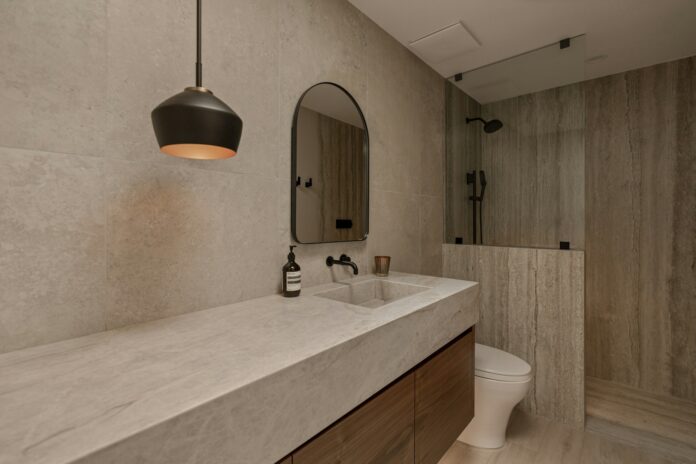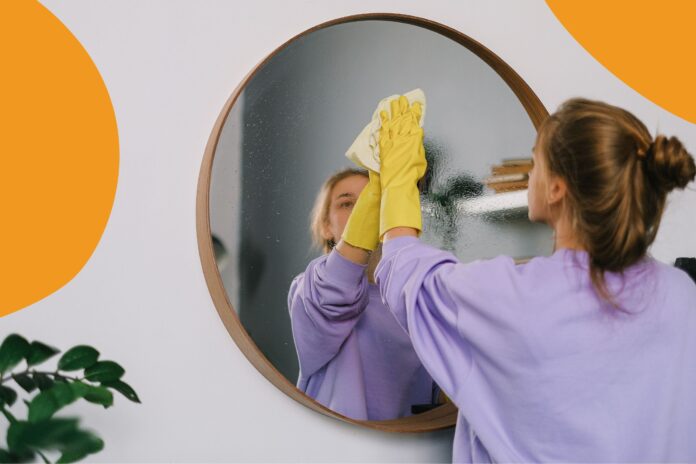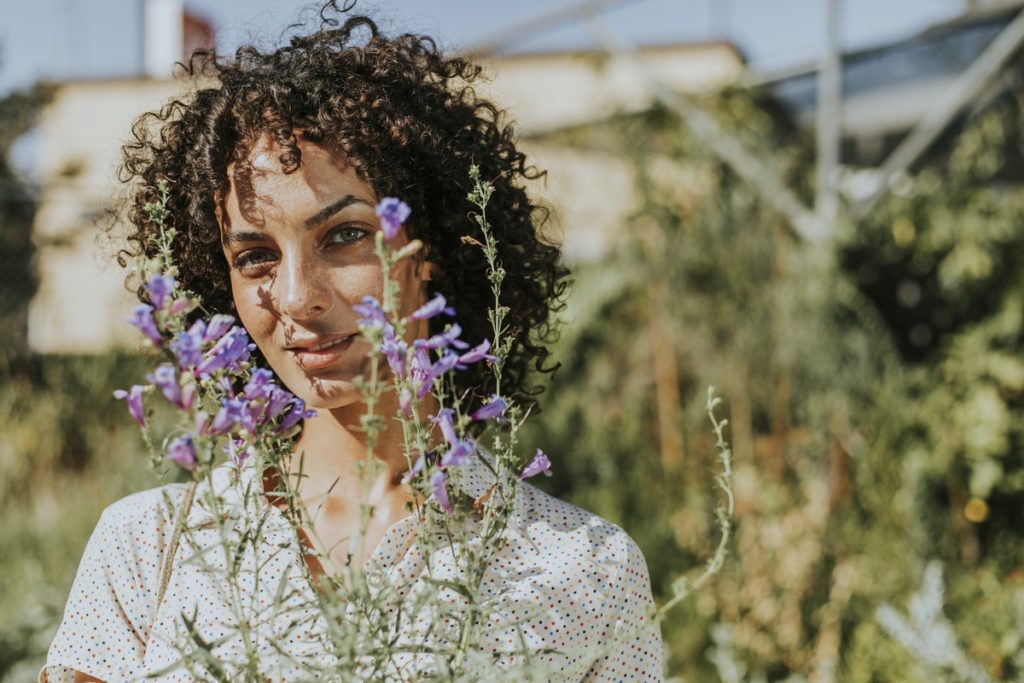
Gardening brings countless benefits to both our physical and mental health and it’s the perfect way to lift spirits during this period of isolation. Whether it’s a grand, landscaped affair, a few small plants on a terrace, or even tending to some homegrown herbs on a windowsill, looking after plants keeps the mind active while you’re at home, giving you something to nurture, to tend to, and creating a beautiful space for others to enjoy, too. You might even end up with some fresh fruit and vegetables to enjoy at the end of it.
So, let’s keep calm and keep gardening, with Gillian Daines, Gardener at Audley Villages, who has shared her 5 IDEAL ways to do just that for RHS National Gardening Week.
SPEND TIME PLANNING THE SPACE
Before you rush out to buy your seeds from the supermarket or online, it’s best to first plan out the space you’re hoping to make pretty. Think about how you can practically use it throughout the year, about how much you can realistically fit in, and which types of seed will be best suited here.
Bear in mind the sun, the direction of the wind and also the soil type. Once you’ve looked into what you’d like to plant, wait until after it’s rained to actually get cracking, as the damp soil will be more welcoming to new seeds.
GET STARTED WITH PERENNIAL PRODUCE
Perennial fruits, vegetables and herbs, which include strawberries, garlic, basil and tomatoes, are a good starting point for those wanting to get planting, as they typically live for more than two years, meaning you don’t need to dig or re-pot each year.
Do keep in mind that if they are growing well, they tend to deplete the nutrients in the soil so you should use compost to keep the soil quality up. Planting herbs also has the added benefit of repelling insects due to their strongly scented leaves.
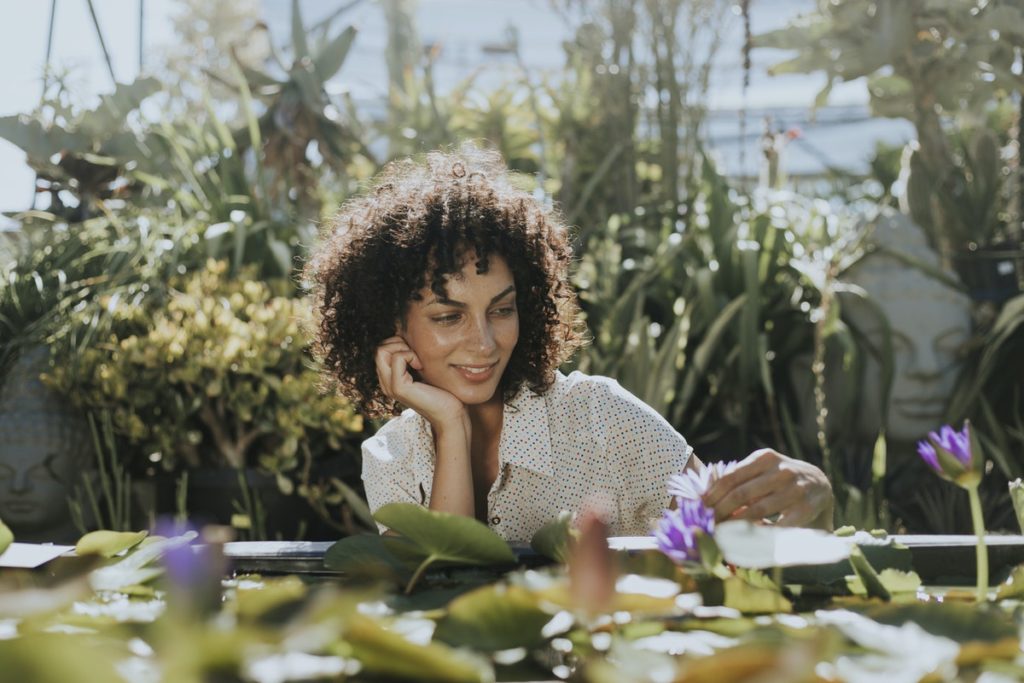
COMPANION PLANTING
To make the most of the space you have, plant complementary plants next to each other. They tend to forge mutually beneficial relationships which provide nutrients, keep away pests and improve pollination. Nature’s wonderful isn’t it?
Avoid planting members of the same family together as they will fight for the same nutrients, so keep your onions away from your leeks, amongst other things! A prime example of a symbiotic relationship between crops is garlic and carrots, as the strong scent of the former deters carrot root fly. And vampires, too.
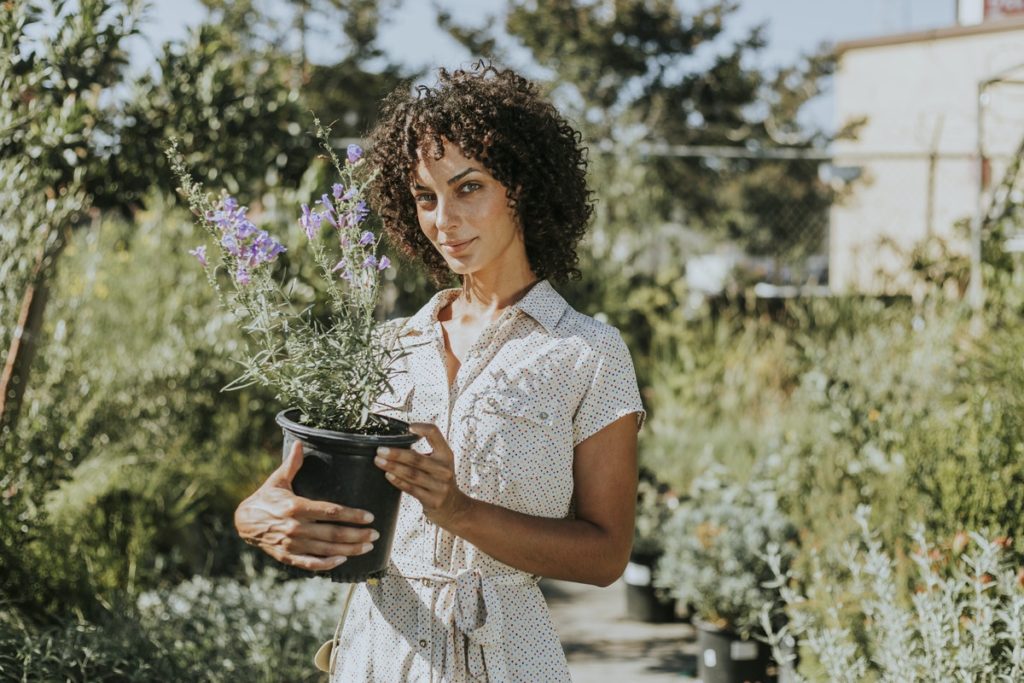
THINK ABOUT THE SEASONS
We can spend days nurturing our gardens and then the Great British weather barges in, unannounced, and its unruly presence can lead to a less than successful outcome for your crops and plants.
If you plan out what you’re planting to have a succinct relationship with the seasons then you should really be growing something every month, even in the winter. Vegetables like broad beans and peas grow well throughout the colder months and brassicas are usually planted in early summer. Check out our spring gardening tips during self isolation for a deeper dive into what’s good to plant right now.
BRING THE GARDEN INDOORS
If you have limited outdoor space, a windowsill is a great option for plants, too, and can bring a hugely positive impact to the atmosphere and ambience of the home. There are certain house plants that provide a brilliant service to the domestic setting, from purifying the air we breathe to adding colour and fragrance to our indoor space, and even reducing stress at times. It’s even possible to grow your own herbs and vegetables, many of which will thrive in the warmer indoor temperatures.
And with that, keep calm and keep gardening!


